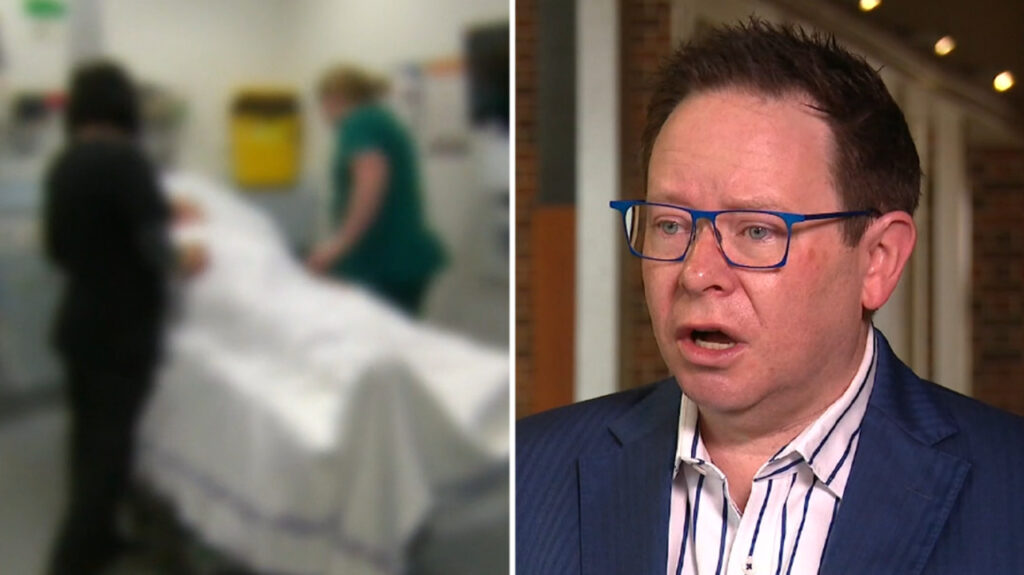Baby Mabel’s life was tragically cut short at just six months old when she contracted pneumococcal meningitis, a deadly bacterial infection that attacks the brain, lungs, and heart.
Her parents, Carly and John Goya, are still reeling from the loss. “It very rapidly attacked her brain… by the time someone realised it was a lot more serious than gastro, it was essentially too late,” Carly recounted.
A 20-Year High: The Alarming Rise of Pneumococcal Disease in Australia
Fast forward to 2023, and the rates of invasive pneumococcal disease have reached a 20-year high, with over 4,500 cases recorded across the country. This is the highest rate since 2002, and the Immunisation Foundation of Australia (IFA) warns that next year could see a fresh spike in deadly cases if vaccinations don’t keep up with the outbreak.

A New Vaccine Could Be the Game-Changer, But Bureaucratic Red Tape Is Holding It Back
A new-generation jab has been approved by the Therapeutic Goods Administration (TGA) and could help protect vulnerable Australians. However, its rollout has been delayed due to bureaucratic red tape. Mabel’s parents believe that if the new vaccine was available three years ago, their baby girl might have lived. The IFA is urging the federal government to prioritise the rollout of these new, broader-coverage pneumococcal vaccines.
The Devastating Impact of Pneumococcal Infections
According to Paediatrician and Infectious Disease Researcher Professor Peter Richmond, “Invasive pneumococcal disease is just the tip of the iceberg when it comes to the impact of pneumococcal infections in Australia.” The disease can cause permanent disability and even death. With a drop in vaccine coverage and emerging strains of the bacterium, antibiotic resistance is becoming a growing concern.

What Can Be Done to Stop the Spread of Pneumococcal Disease?
The new immunisations can better protect against more strains of the bacterium than the current jabs. The IFA is calling for the government to fast-track the rollout of these new vaccines to ensure Australians at greatest risk of infection are protected. With over 100 strains of streptococcus pneumoniae, the new vaccines can protect against the most common and severe ones.
The Alarming State of Vaccination Rates in Australia
Vaccination rates in children have fallen to 92.8 per cent in 2023, and only 20 per cent of Australians aged between 71 and 19 are immunised against pneumococcal disease. It’s crucial that we take action to boost vaccination rates and protect our most vulnerable citizens.
As Carly and John navigate life with their eight-month-old triplets, they can’t help but worry that the same tragedy could strike again. Let’s work together to ensure that no family has to go through what they’ve been through. The time to act is now.

